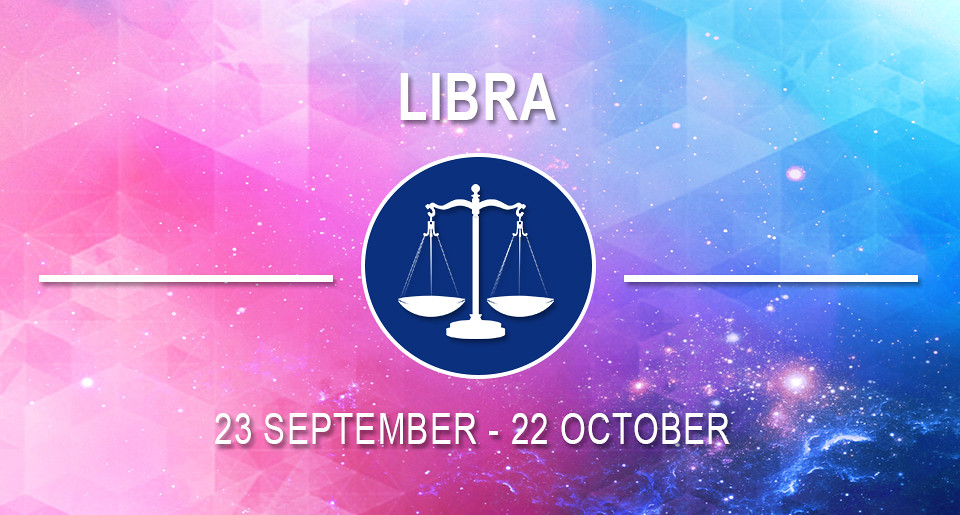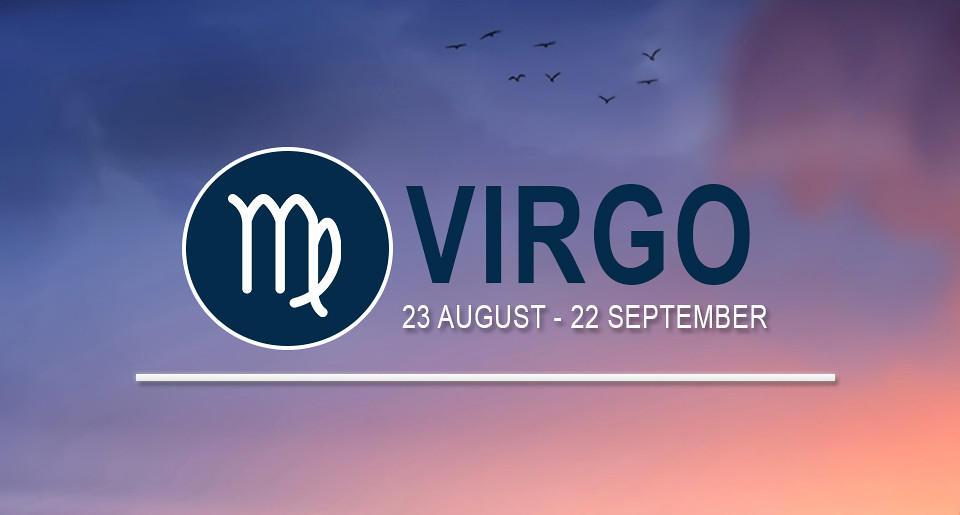You Start Embracing Uncomfortable Conversations and Difficult Situations

When you’re transitioning into deep self-confidence, you’ll notice something remarkable happening: those situations that once made your palms sweat suddenly don’t seem so terrifying anymore. Research in psychology shows that a high level of confidence in oneself and one’s abilities is associated with a greater sense of control over what happens to us, which may promote our ability to take on challenges. When the latter are met with success, our confidence may enjoy a boost, propelling us into a virtuous circle. You begin seeking out the hard conversations rather than avoiding them. Maybe you finally address that workplace conflict that’s been festering for months, or you have an honest discussion with a family member about boundaries.
Having high or low self-confidence is rarely related to your actual abilities, and mostly based on your perceptions. Perceptions are the way your think about yourself and these thoughts can be flawed. This shift happens because your internal narrative is changing. Instead of “What if I mess this up?” you start thinking “This is important enough to handle, and I can figure it out.”
Your Internal Critic Gets Quieter and You Talk to Yourself Like a Friend

The most telltale sign of growing confidence is when that harsh voice in your head starts to soften. You know the one – it used to pick apart everything you said in meetings, criticized how you looked in photos, and replayed embarrassing moments from years ago. challenging unkind thoughts and replacing them with positive self-talk, as though speaking with a loved one becomes your new normal. When you stumble or make a mistake, instead of launching into a mental tirade, you find yourself responding with the same compassion you’d show a good friend.
Overly harsh self-judgments. You may struggle with cognitive distortions, which are negative thinking patterns. Your self-talk might be very critical when you experience setbacks in life, telling yourself things like, “I’m dumb for overlooking this,” or “I always get this wrong.” Or you may be more focused on your weaknesses and mistakes, rarely taking a moment to appreciate your strengths. This transformation doesn’t happen overnight, but when it starts, it’s unmistakable. You catch yourself being kinder in your head, celebrating small wins instead of brushing them off.
You Stop Constantly Seeking External Validation and Start Trusting Your Own Judgment

Remember when you used to ask ten different people for their opinion before making any decision? When deep confidence starts emerging, that pattern begins to shift dramatically. Focus on your own values and happiness rather than seeking approval from others becomes your new operating system. You still value input from trusted sources, but you’re not desperately collecting opinions to feel secure about your choices.
This shows up in subtle ways at first. You might choose a restaurant without polling everyone, or decide on a weekend activity based on what sounds good to you. Self-confidence is an attitude about your skills and abilities. It means you accept and trust yourself and have a sense of control in your life. You know your strengths and weakness well, and have a positive view of yourself. You set realistic expectations and goals, communicate assertively, and can handle criticism. The shift from external to internal validation is like switching from constantly asking for directions to trusting your own navigation skills.
You Set Boundaries Without Over-Explaining or Feeling Guilty

One of the most powerful indicators that you’re entering a season of deep self-confidence is how you handle boundaries. Previously, saying no felt impossible, and when you did manage it, you’d follow up with a dissertation-length explanation and multiple apologies. Research consistently shows that self-confidence is widely considered important for career success, with employers frequently citing it as a valuable soft skill when hiring. Now you’re discovering that “No, that doesn’t work for me” is a complete sentence.
This transformation affects every area of your life. You stop accepting plans that drain you just to keep the peace. You quit volunteering for projects that overwhelm your schedule. If you find certain people tend to bring you down, try to spend less time with them, or tell them how you feel about their words or actions. Try to build relationships with people who are positive and who appreciate you. The guilt that used to follow boundary-setting starts to fade as you realize that protecting your time and energy actually makes you more available for the things and people that truly matter.
You Take Action Despite Fear Instead of Waiting for Courage to Arrive

Here’s where the rubber meets the road with deep self-confidence: you stop waiting for fear to disappear before taking action. Confidence doesn’t come from the expectation of success; it comes from the comfort of failure becomes your new philosophy. You start that business even though you’re terrified of failure. You apply for the promotion despite feeling unqualified. You book the trip even though traveling alone feels scary.
Research in psychology shows that a high level of confidence in oneself and one’s abilities is associated with a greater sense of control over what happens to us, which may promote our ability to take on challenges. When the latter are met with success, our confidence may enjoy a boost, propelling us into a virtuous circle. Conversely, if a person lacks confidence when embarking onto a project, they are more likely “not to believe in it,” and therefore to give up trying. The chances of success – and consequently the opportunities to positively reinforce their confidence – are then reduced. The difference is that you’ve learned to dance with fear rather than being paralyzed by it. You acknowledge the butterflies but move forward anyway, understanding that courage isn’t the absence of fear – it’s taking action while afraid.
Your Relationship with Failure Completely Transforms

When you’re stepping into deep self-confidence, failure stops being this monster under the bed and becomes more like a tough teacher. Building confidence often begins with becoming comfortable with failure and embracing self-acceptance. Many people find that transforming their relationship with fear can pave the way for a more confident and fulfilling life. You start viewing setbacks as data rather than evidence of your unworthiness. That project that didn’t work out? It’s a learning experience. The relationship that ended? It taught you what you actually need.
This shift is profound because it removes the paralyzing stakes from trying new things. Don’t be afraid to start small. Discovering that you can form a small but new habit might be enough to give you a boost in self-confidence. When failure becomes feedback instead of a verdict on your character, you become unstoppable. You start taking calculated risks, experimenting with new approaches, and bouncing back faster from disappointments.
You Celebrate Your Wins Without Minimizing Them

Something beautiful happens when deep confidence takes root: you stop deflecting compliments and downplaying achievements. Take time to congratulate yourself when you reach a goal. Even if you don’t succeed, acknowledge signs of progress. That promotion you worked so hard for? Instead of saying “It was nothing” or “I just got lucky,” you actually acknowledge your effort and skills. When someone praises your work, you say “Thank you” instead of immediately listing all the ways it could have been better.
This celebration doesn’t mean becoming arrogant or self-absorbed. It means recognizing your contributions and growth with the same clarity you’d see in a friend. Recognize and emphasize your strengths. Reward and praise yourself for your efforts and progress. When you stumble on an obstacle, treat yourself with kindness and compassion. You start keeping a mental (or actual) list of your accomplishments rather than focusing solely on what’s not working.
You Stop Comparing Your Behind-the-Scenes to Everyone Else’s Highlight Reel

Deep confidence brings with it a fascinating immunity to the comparison trap that used to consume so much mental energy. avoiding comparison to others and considering avoiding media or social media accounts that may lead to negative thoughts becomes second nature. You scroll through social media without that familiar pang of “everyone else has it figured out.” You attend social gatherings without mentally cataloging how you measure up to others.
This freedom happens because you’re finally getting comfortable with your own journey and timeline. Self-acceptance is about believing we all have strengths and good qualities, while also accepting that we all have limits and will experience challenges. If we can accept ourselves, we’re less likely to compare ourselves to others and more likely to celebrate ourselves. You understand that everyone’s dealing with their own struggles behind the curated images and success stories. Your energy shifts from keeping up with others to staying true to your own path and values.
You Trust Your Body’s Wisdom and Honor Your Needs

A surprising sign of growing confidence is how differently you relate to your physical and emotional needs. You stop pushing through exhaustion to prove your worth. You take the rest day when your body asks for it. You eat when you’re hungry without guilt. Looking after a person’s physical health can help their mental health. learning to project the appearance of confidence with body language and speaking patterns, which may influence how people feel internally becomes part of your self-care toolkit.
This shift represents a fundamental trust in yourself that extends beyond just decision-making. Emotional intelligence (EQ) is the ability to understand and manage your emotions to ease stress, empathize with others, build stronger relationships, and overcome challenges. It can also have a role in improving self-confidence. It’s hard to trust in your ability to take action or persevere if you tend to lose control of your emotions, fly off the handle, or act inappropriately when you’re stressed. Improving your EQ can help you recognize how your emotions impact your thoughts and behavior, and control impulsive feelings. You’ll be better able to manage strong emotions, rather than letting them overwhelm you, derail your intentions, or damage your self-confidence. You’re learning to read your internal signals and respond with care rather than judgment or forcing.
Conclusion

Stepping into a season of deep self-confidence isn’t about becoming a different person – it’s about becoming more authentically yourself. Small, consistent actions build confidence over time. Focus on your own values and happiness rather than seeking approval from others. These signs don’t all appear overnight, and they don’t always arrive in a linear fashion. Some days you might feel all of these qualities strongly, while other days you might recognize just one or two.
The beautiful thing about this transformation is that once it begins, it tends to build momentum. Each small act of self-trust makes the next one easier. Every boundary you set without over-explaining strengthens your ability to honor your needs. Self-confidence may not emerge overnight. It’s built over time and with intentional effort. Many of the steps to improving self-confidence require a long-term commitment. Think of confidence as an ongoing process, a series of actions you take as you grow to accept yourself and see your full potential.
What would happen if you trusted that this season of growth was meant for you? Did you recognize yourself in any of these signs?







